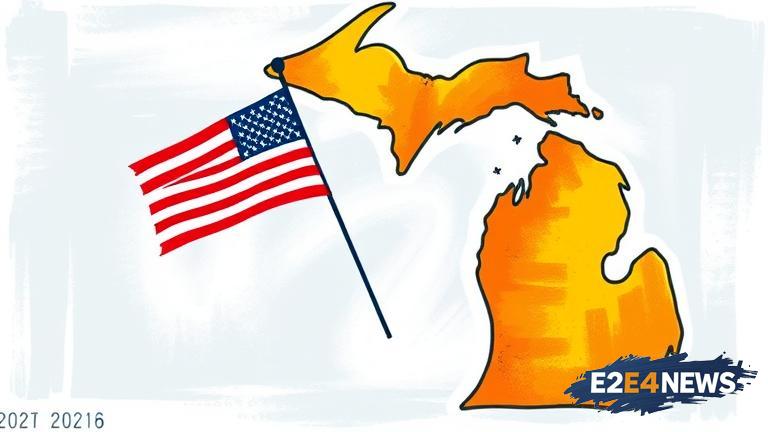A plethora of ballot initiatives in Michigan have recently started the process of collecting signatures, aiming to appear on the 2026 ballot. These initiatives cover a wide array of topics, including but not limited to, voting rights, environmental protection, and healthcare. One of the key initiatives focuses on expanding voting rights, making it easier for citizens to cast their ballots. This includes proposals for automatic voter registration and the extension of early voting periods. Another significant initiative targets environmental issues, such as reducing carbon emissions and promoting the use of renewable energy sources. Additionally, there are initiatives aimed at improving healthcare access and affordability for Michigan residents. These proposals include expanding Medicaid coverage and reducing prescription drug costs. The process of getting these initiatives on the ballot involves collecting a substantial number of signatures from registered voters within a specific timeframe. The number of required signatures varies depending on the type of initiative but generally involves a percentage of the total votes cast in the previous gubernatorial election. Once the signatures are collected, they must be submitted to the state for verification. If the signatures are deemed valid and the initiative meets all the legal requirements, it will be placed on the 2026 ballot for voters to decide. The outcome of these initiatives could have significant implications for the state, influencing policies on voting, environment, healthcare, and potentially other areas. Supporters of these initiatives argue that they are crucial for advancing the rights and well-being of Michigan citizens, as well as for addressing pressing issues like climate change. On the other hand, opponents may raise concerns about the potential costs and implementation challenges of these proposals. As the signature collection process progresses, it is expected that there will be increased debate and discussion around these initiatives. The success of these initiatives in reaching the ballot and potentially becoming law will depend on voter support and the effectiveness of the campaigns backing them. Michigan has a history of using ballot initiatives as a means for citizens to directly influence state policies, and the 2026 election is likely to continue this trend. With several months to go before the deadline for submitting signatures, the coming weeks and months will be critical in determining which initiatives will move forward. The engagement and participation of Michigan voters in this process will be key to shaping the state’s future policies.
